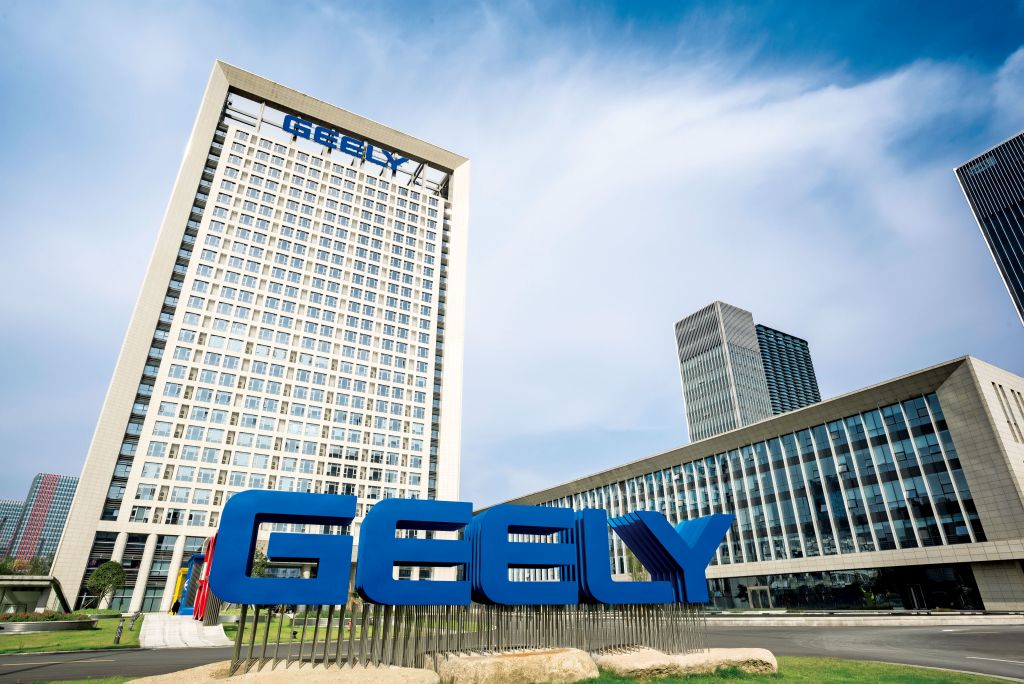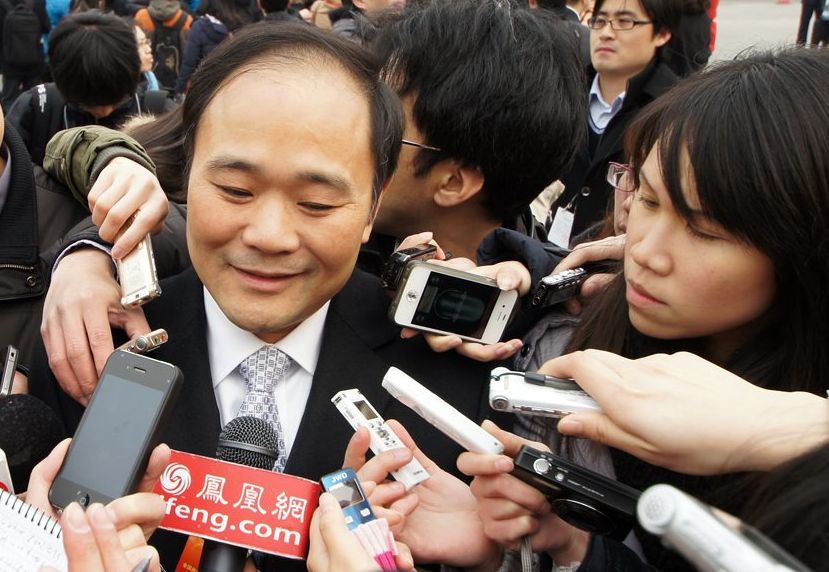HANGZHOU: Chinese billionaire Li Shufu shook up the car industry with an eye-catching run of deals among traditional, European automakers that made his Zhejiang Geely Holding Group Co. a global force to be reckoned with.
Now he’s training his sights on Big Tech.
In the space of less than a month, Geely has forged major collaboration pacts with companies from search engine heavyweight Baidu Inc. to Apple Inc.’s Taiwanese manufacturing partner Foxconn Technology Group and Tencent Holdings Ltd.
Last Friday saw another, this time with electric-car upstart Faraday Future. The pair signed an agreement to cooperate on technology and engineering support.
It may seem a bit haphazard but there’s logic behind Li’s dealings.
Conventional automakers like Geely, one of China’s biggest manufacturers, are under threat. With governments around the world pledging to ban the sale of new gasoline vehicles within decades, they must adapt. Embracing greener technology is a must, as is gaining a better footing in the new areas of intelligent and connected mobility.
"Geely’s moves are intelligent,” said Bill Russo, the founder and chief executive officer of advisory firm automobility. "Geely is no longer just an OEM, they’re a solutions provider,” he said, referring to the commonly used term for companies that just manufacture something.
Li has long championed partnerships and consolidation as a way for automakers to pool resources for initiatives like self-driving cars and electrification.

He’s successfully built a global carmaking empire over the past three decades, becoming Daimler AG’s largest shareholder and snapping up Volvo in 2010, as well as amassing stakes in European legacy brands such as Lotus and lower-end players like Malaysia’s Proton.
One of the expressions Li likes to describe his vision for Geely is the "vertical and horizontal alliance,” a reference to a political idiom used during the Warring States period of China’s history.
It recommends collaboration among companies in the same supply chain as well as partnering with businesses that also operate as competitors.
"In an era of great change, the reason we are able to advance is the innovative power of self-subversion, the willpower to ride the wind and the waves and the fighting power to move forward courageously,” Li said in a New Year letter posted on the company’s WeChat account.
This is the "fusion power of vertical and horizontal integration.”
As part of its cooperation agreements, Geely will collaborate with Foxconn, Baidu and Faraday Future on its open-source platform to help build electric cars. With Tencent, it will jointly develop smart-driving cockpits, autonomous technology and other science to help digitize all aspects of car production.
Russo sees Foxconn as an electronics manufacturing supplier to Geely, while Baidu can help Geely with the critical integration skills needed to make smart, connected devices. The pact with Tencent creates a layer on top that runs the applications-based services the vehicles are using.
"It’s smart to think about yourself as a company and the kind of company you want to become,” he said.
Geely isn’t the only car company restyling itself in this way.
As the auto industry weans itself off fossil fuel and embraces more environmentally-friendly technologies, how it makes money is changing.
More profit will come from creating and supplying the "brains” behind cars than from beating out a metal shell in which that nerve centre can reside.
The margins in that business have been shrinking for years, eaten away by rising competition and advances in factory automation.
The past few months have seen a smattering of similar announcements, from Hyundai Motor Co. confirming and then backing away from a statement saying it’s in talks with Apple Inc. to Foxconn signing a manufacturing deal with embattled Chinese electric-vehicle startup Byton Ltd.












